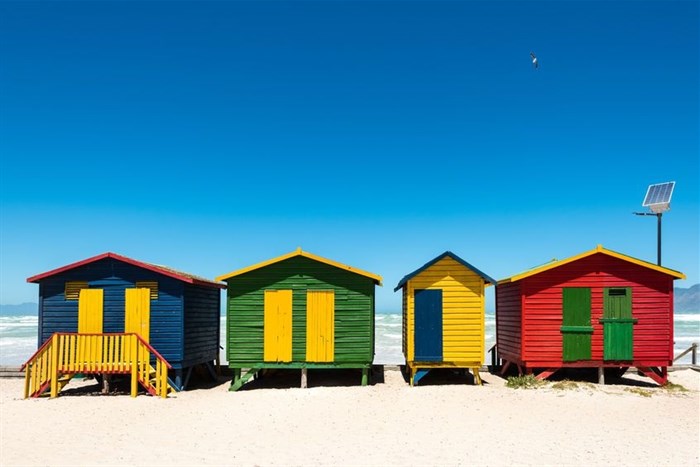International tourist arrivals grew by 6% in the first four months of 2018, compared to the same period last year, not only continuing the strong 2017 trend, but exceeding UN World Tourism Organisation's (UNWTO) forecast for 2018. The UNWTO's panel of experts described this situation as the most optimistic they'd seen in a decade and declared that they were particularly upbeat about growth in tourism arrivals in Africa, which matched the global level of 6%.

©Frank Gaertner via
123RFTheir report singled out the need to increase capacity to develop and manage tourism in a sustainable way, building smart destinations and making the most of technology and innovation; in South Africa, great strides are being taken to ensure that all those elements are woven into a tourism growth and development strategy. From a continent-wide viewpoint, it’s tricky to note all of the contributing factors that go into this, but from a destination’s eye view, it’s possible to isolate independent efforts in the journey to sustainability.
Working smarter
Recently, UNWTO secretary general, Zurab Pololikashvilli, acknowledged the efforts undertaken by the Cape’s tourism sector stating that the organisation recognises the huge efforts that the Cape Town local authorities are undertaking in addressing the water situation as well as the inclusive approach that has been taken throughout the campaign in raising awareness for the end users and tourists in becoming more responsible. With that in mind, the city has been invited to participate in a panel at the UNWTO World Conference on Smart Destinations 2018. Bearing in mind all of the doomsday-speak regarding the water crisis at the beginning of the year, it’s remarkable that a participative multi-stakeholder approach has yielded this kind of fruit within a few months.
Indeed, the Cape’s sustainability challenge has turned the spotlight on what is a global challenge; destinations across the world are realising that resources are finite, and yet tourism is a valuable contributor to the economy. That same report of the first four months of 2018 found that across Africa, $38bn was generated by the tourism sector. Considering that South Africa and destination cities such as Cape Town, Johannesburg and Durban are among the most popular on the continent, it’s safe to say that it’s imperative to see tourism growth realised.
Small beginnings
Where to start? To produce a barrel of wine, you start with a grape seed. Vines are cultivated, produce fruit, and then the grapes are harvested and turned into wine by experts. Our tourism seeds are ready to go into a rich, fertile environment that will, in turn, yield a healthy crop of visitors.
There are many role players that will see this coming to fruition: each entrepreneur starting an SME, or student taking on an internship will become experts that will manage sustainable growth, and it’s notable that those entering the industry now will naturally assimilate sustainable tourism principles. With current industry leaders driving the sustainability agenda, it’s no longer an add-on to a business strategy – a footnote on a company website – it’s governing decision-making processes and contributing to entirely new businesses that fill the niche of a global travel trend that is environment-sensitive.
Previously, sustainability was pigeonholed into a vague descriptor that seemed to involve not littering or harming the natural environment (both still true), but it has come to define our relationship with the destination and those who live there. We must continue to roll out holistic strategies that take in all aspects of sustainability to see the benefits.
As evidenced by the UNWTO World Conference on Smart Destinations, among many other international meetings on the topic, consultative and consolidated strategies will generate remarkable benefits. The leaps ahead afforded by technological advances allow for the implementation of multiple measures to ensure that sustainable tourism is not simply a catch-phrase, but a reality.
Developing our relationships with other African nations will allow us to capitalise on tourism growth across the continent; just as a city such as Cape Town is popular for visitors across Africa, we, too, look with excitement to a continent full of destinations that are smart, attractive and worth exploring.



























